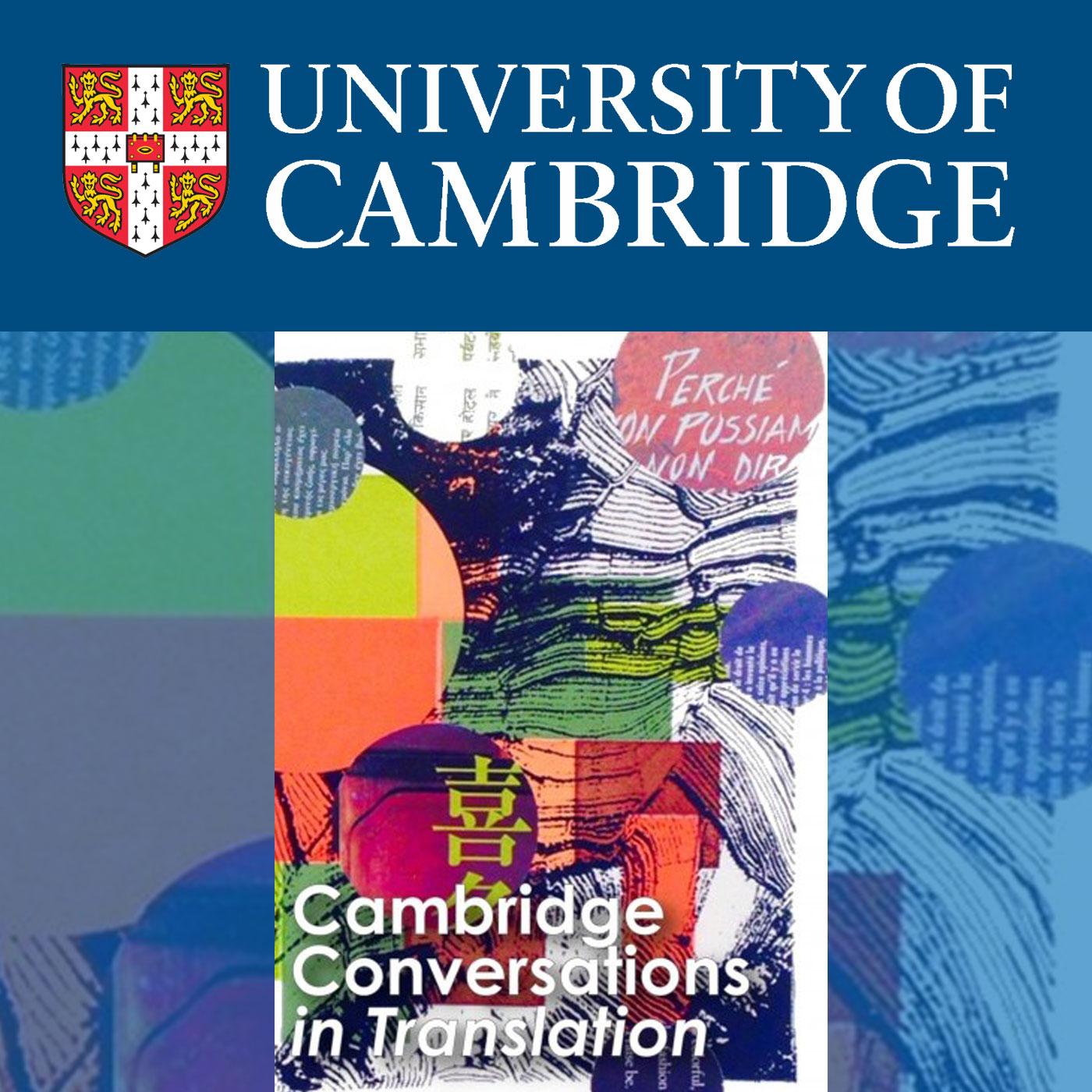Cambridge Conversations in Translation - 8 May 2018 - Translation and Gender (Panel)
Description
Caroline Summers (Leeds)
Pauline Henry-Tierney (Newcastle)
Jen Calleja (Translator)
Moderator: Monica Boria
Gender-based metaphors and analogies have often been deployed to describe the act of translation: the notion of a translated text as a beautiful but unfaithful woman (Gilles Ménage, 1654) and the translator as a violator or usurper of the author’s paternity (Schleiermacher, 1813) has continued in modern translation studies. George Steiner (1975), for example, compares translation to the male act of erotic possession and the necessary compensation that goes with it, whereas Gavronsky (1977) sees the translator as the child-rival of the father-creator (‘the phallus-pen’). These metaphors all reveal an anxiety about originality – expressed in patriarchal terms – and a strong unease about difference, i.e. translation, seen as feminine and derivative. Recent theory has questioned this gendered politics of authority and originality arguing that translation demands in fact transgression, and therefore traditional notions of fidelity often miss the point (Derrida, 1979). The emergence of feminism openly advocated the adoption of translation strategies (linguistic and otherwise) that foreground the feminist in the translated text (Simon, 1996 and von Flotow, 1997). Attention has also been drawn on the opposite phenomenon, the erosion of the gender-marked identity of certain texts (for example ‘camp’ or gay jargon) through the elision, pejorative or inconsistent translation of specific lexis (Harvey 1998).
The panel discussion will explore the ramifications of feminist and LGTB translation theory today and the impact of gender studies on the theory and practice of translation. For instance, how has the increasing presence of women as translators, writers, and scholars shaped the translation and gender debate?
More Episodes
Olga Castro (Aston)
Moderator: Monica Boria
Gender-based metaphors and analogies have often been deployed to describe the act of translation: the notion of a translated text as a beautiful but unfaithful woman (Gilles Ménage, 1654) and the translator as a violator or usurper of the author’s...
Published 05/23/18
Jeremy Munday (Leeds)
Delia Chiaro (Bologna)
Moderator: Marcus Tomalin (Cambridge)
Diversity, in its diverse forms, has come to characterise those modern nation-states that advocate the socio-political advantages of cultural and ethnic pluralism – and sociolinguistic diversity in particular...
Published 02/23/18
Viviane Carvalho da Annunciação (CLAS, Cambridge)
Jennifer Harris (Fac English, Cambridge)
Moderator: Monica Boria
Within the domain of literary translation, poetry has traditionally attracted a great deal of scholarly attention (Holmes 1970, 1988; Lefevere 1975, 1992; Bassnett 1980;...
Published 11/21/17


